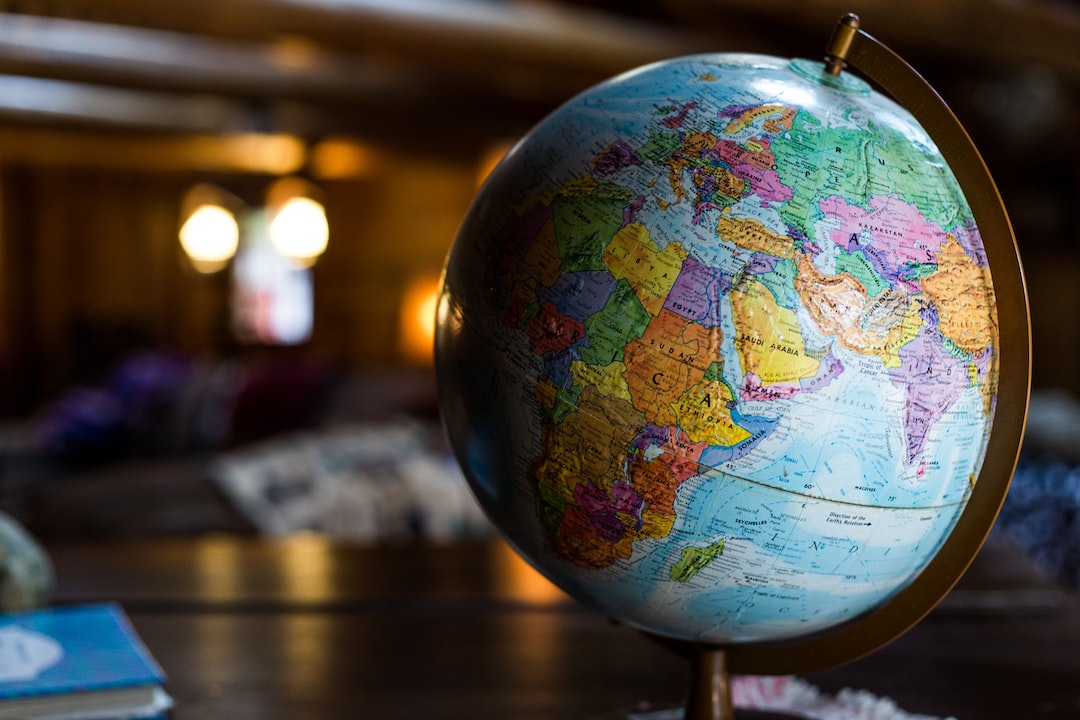International travel restrictions have been eased, and the tourism industry is cautiously optimistic about the prospects of recovery. After more than a year of lockdowns, border closures, and travel limitations, there seems to be a glimmer of hope for the industry that relies heavily on global mobility.
The COVID-19 pandemic wreaked havoc on the tourism sector, leading to significant job losses, business closures, and a state of uncertainty for millions of people worldwide. However, with the vaccination campaigns gaining momentum and decreasing infection rates in many countries, governments are feeling more confident about gradually reopening their borders.
One of the most significant developments in recent weeks has been the implementation of travel bubbles or corridors between certain countries. These bilateral agreements allow for quarantine-free travel for fully vaccinated individuals or those who have tested negative for COVID-19. Popular vacation destinations such as Greece, Spain, and Malta have embraced these travel bubbles, aiming to attract international tourists and revive their economies.
Additionally, some countries have introduced digital health certificates or vaccine passports to facilitate travel. These certificates provide proof of vaccination or a negative COVID-19 test result, giving travelers ease of mind and assurance while crossing borders. The European Union has launched its Digital COVID Certificate, which allows citizens to travel freely within the member states, promoting both tourism and business opportunities.
The easing of travel restrictions has undoubtedly ignited hope within the tourism industry. Travel agencies, airlines, hotels, and other businesses dependent on international tourism are seeing increased interest and bookings. People who have been cooped up in their homes for months are now looking forward to exploring new destinations, immersing themselves in other cultures, and reconnecting with loved ones living overseas.
However, the cautionary approach remains prevalent among industry professionals. The uncertainty surrounding the Delta variant and emerging variants of concern has kept many nations vigilant. Several countries have introduced additional requirements, such as mandatory testing upon arrival, regardless of vaccination status, to mitigate the risk of potential outbreaks.
Moreover, the uneven pace of vaccination rollout globally poses a challenge to a full recovery of the tourism industry. While some countries, mainly in the developed world, have vaccinated a significant portion of their population, others lag behind due to limited access to vaccines or vaccine hesitancy. This discrepancy in vaccination rates raises concerns about the resurgence of the virus and possibly triggers new waves of infections, which could prompt governments to reimpose travel restrictions.
The tourism industry also faces the task of adapting to the post-pandemic world. Travelers have become more conscious of health and safety protocols, with cleanliness, physical distancing, and responsible tourism practices being top priorities. The industry must meet these demands by implementing rigorous hygiene measures, ensuring that destinations are safe for both visitors and locals.
In conclusion, the loosening of international travel restrictions has provided a glimmer of hope for the tourism industry. The implementation of travel bubbles, digital health certificates, and the gradual reopening of borders are all positive signs for the industry’s recovery. However, caution remains as emerging variants and disparities in vaccination rates pose challenges to a full-scale recovery. The industry must adapt to the new normal by prioritizing health and safety measures to regain traveler confidence. With the right balance of vigilance and optimism, the tourism industry can finally see the light at the end of the tunnel.

